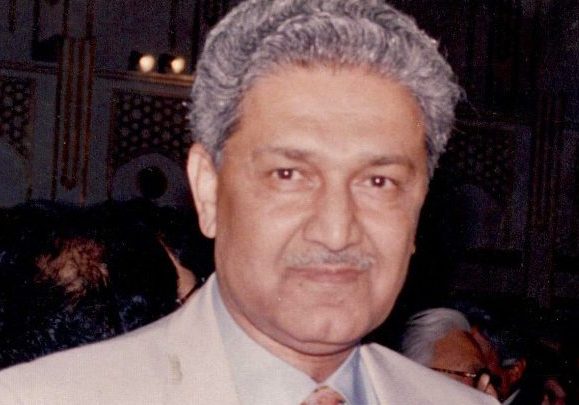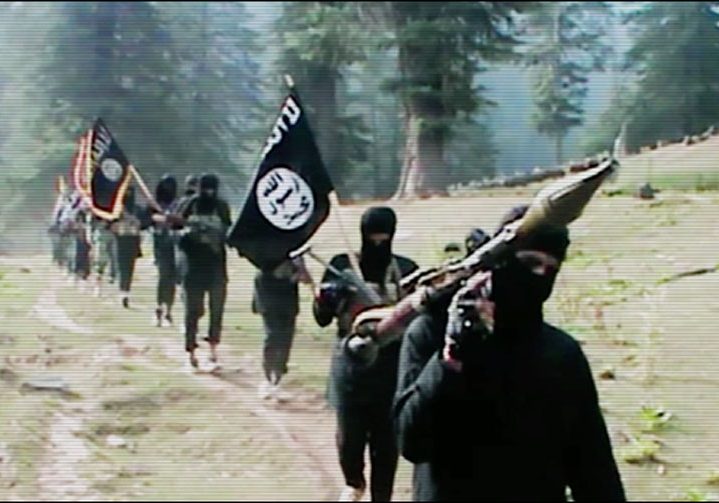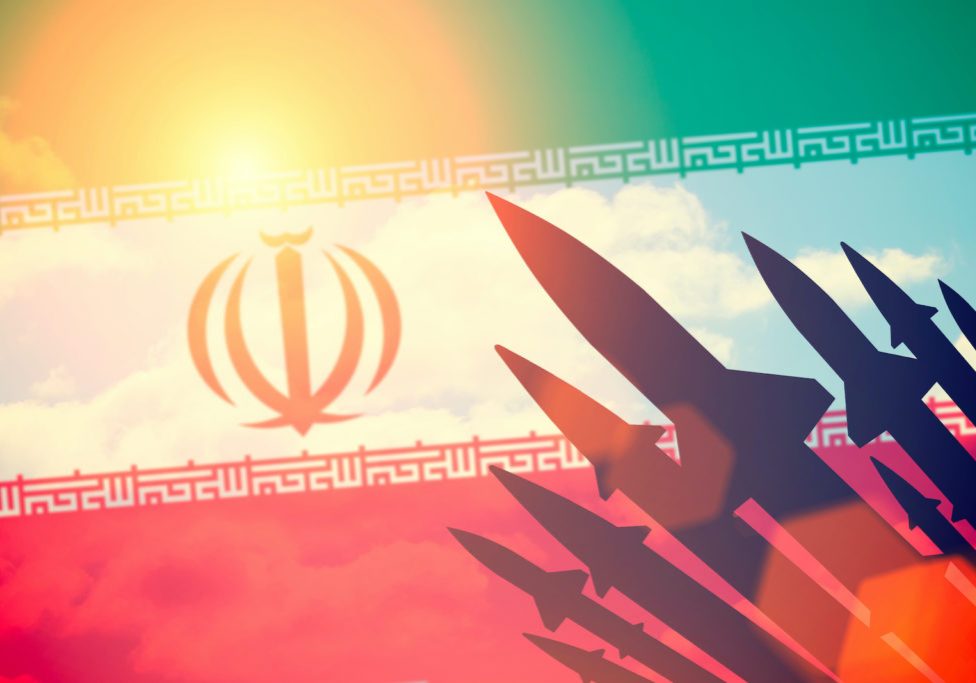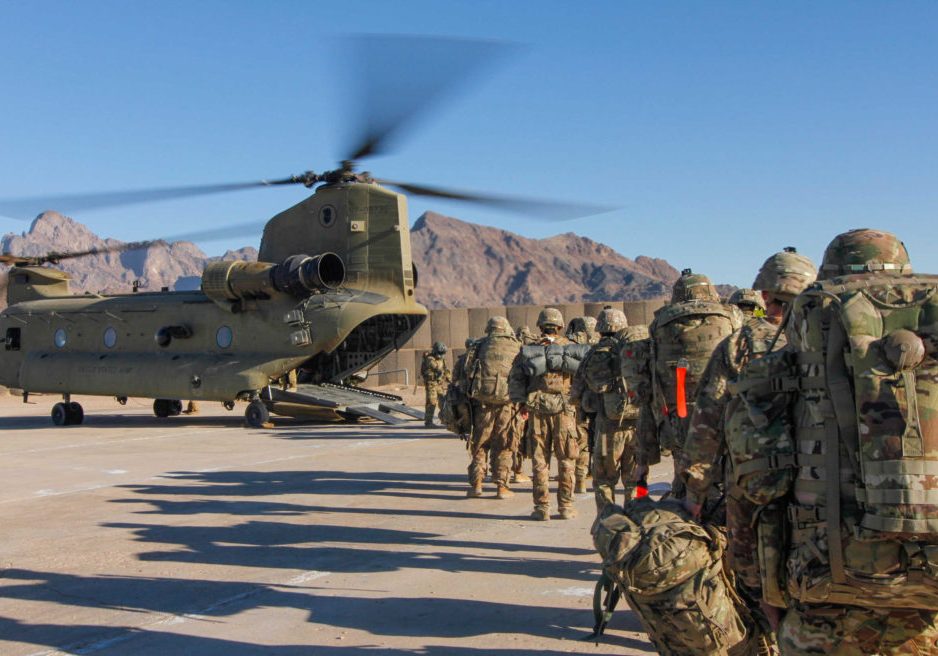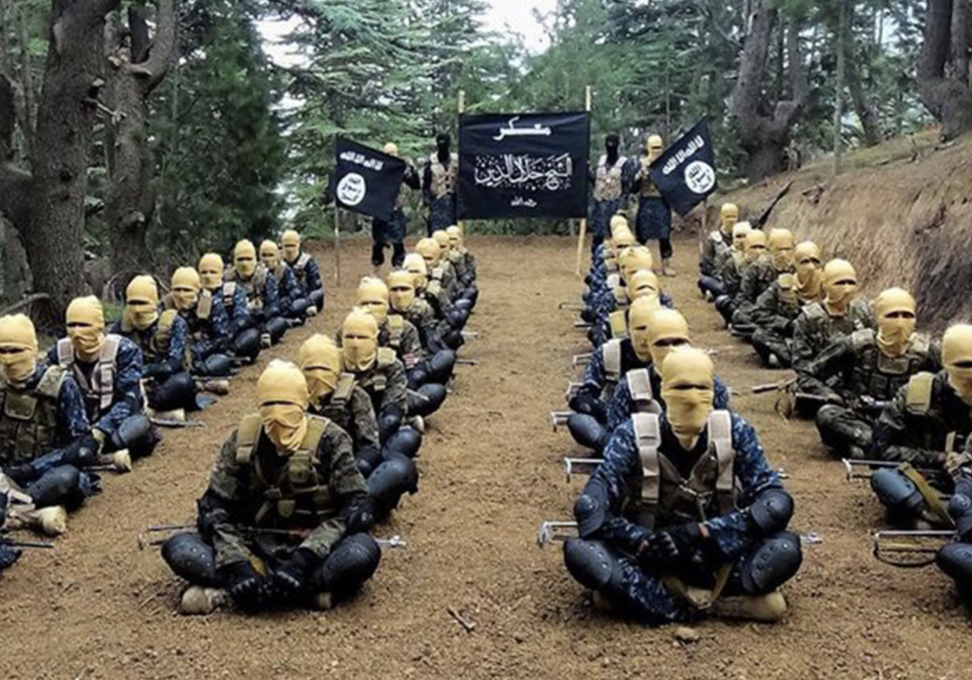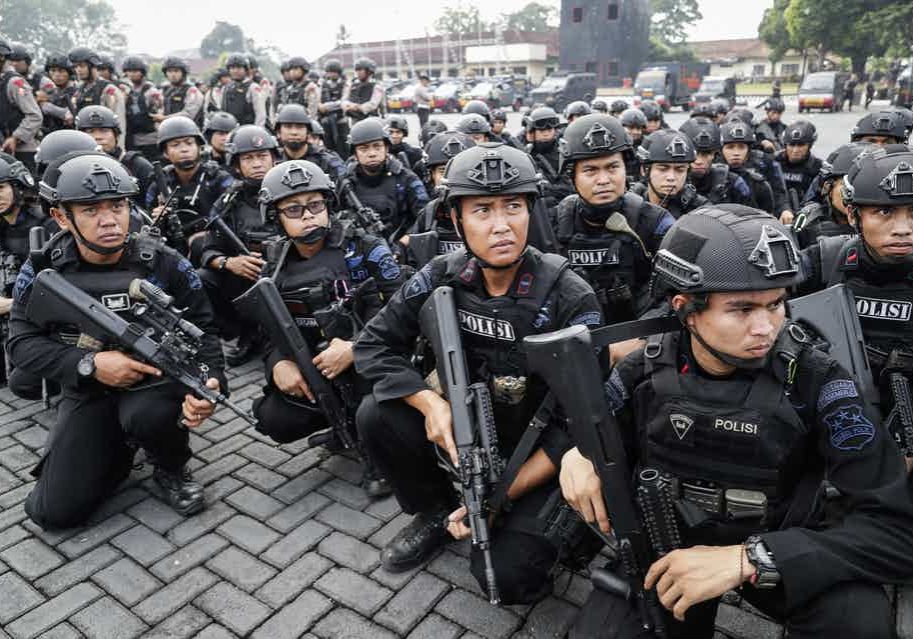Australia/Israel Review
Scribblings: Linkage Exploded
Nov 1, 2010 | Tzvi Fleischer
Tzvi Fleischer
Linkage Exploded
One of the most pervasive myths about the Middle East is “linkage”, the belief that the Arab-Israel conflict is the key to solving all other Middle Eastern problems, from the Iranian nuclear program, to the wars in Iraq and Afghanistan, to international terrorism, ethnic strife, poor governance and poverty. Crude formulations of linkage virtually envision a regional paradise, replete with prosperity and harmony, breaking out the day after an Israeli-Palestinian final peace is signed. More sophisticated and plausible versions of the theory argue that by removing the Palestinian issue as a key source of radicalisation in the Middle East, all other problems will become easier to resolve.
Of course, the reality is that, under any conceivable peace agreement, a Palestinian state will not be seen as an end to grievances over Palestine by the radicals who exploit this issue. Moreover, the specific grievances raised by radical Islamists mask a deeper spiritual and cultural crisis caused by the seeming uncontrolled changes introduced by modernity, as well as loss of Arab and Muslim confidence in their traditional self-perception of their place in the world. Palestine is a convenient grievance for radical ideologues to exploit to win recruits, but until the larger crisis of confidence is resolved, they will easily find others.
A recent event illustrated how little “Palestine” actually matters, in reality as opposed to rhetoric, to the violence which bedevils the Middle East and some other majority Muslim parts of the world.
On Sept. 3, a group of Shi’ites organised a march in the Pakistani city of Quetta as part of international celebrations of al-Quds day, a day of solidarity with the Palestinians. Surely, this is an issue which can unite all Muslims, whatever their other grievances and disagreements, right? Wrong.
A bomb blast ripped through the Quetta march, killing 53 people and wounding at least 100 more. The Pakistani Taliban claimed responsibility.
In other words, the Palestinian issue was evidently not enough of a priority on the agenda of extremist groups like the Pakistani Taliban for them to suspend their bloody campaign against the minority Shi’ites, whom they regard as heretics, for one day.
If the joyous day actually comes when Israeli-Palestinian two state peace is achieved, expect the same lesson to apply. The other problems and conflicts of the region, which are not really linked to Palestine at all except rhetorically, will not be one iota closer to resolution.
A Real Eyewitness
Despite the clear footage available, and the Israeli military inquiry, activists continue to circulate bizarre and untrue claims about what happened aboard the Mavi Marmara during the Gaza flotilla incident on May 30. Meanwhile, Sydney Morning Herald journalist Paul McGeough (see p. 37) continues to use his participation in the flotilla as a platform to cast aspersions on the Israeli version of what happened on the ship that led to the death of nine Turkish activists.
But of course, McGeough was not on the Mavi Marmara, and directly witnessed nothing of the clash there.
Interested parties should be paying some attention to the testimony of a neutral party who was on the Mavi Marmara and witnessed everything, Turkish journalist Sefik Dinç. Dinç has since written a book about the incident, entitled Kanlı Mavi Marmara (“The Bleeding Mavi Marmara”) and also did an interview with Israeli television’s Channel 1 on Sept. 24, where he confirmed his account in the book in the following exchange:
Interviewer: According to your eyewitness account, IDF soldiers only opened fire when they felt that their own lives or the lives of their fellow soldiers were in danger.
Dinç: As you know, I was on board the ship. I saw with my own eyes that when the soldiers came on helicopters and started landing on the ship, they did not fire. It wasn’t until the soldiers were met with resistance and realised that some of their friends’ lives were in danger that they began using live ammunition.
The Ethnic Cleansing Solution
I noted in August that, according to a New York Times report on July 14, the dominant view among Gazans of the Arab-Israel conflict was not that it should end with a two-state solution, or even a one-state solution. It was for an “ethnic cleansing solution”. The paper wrote that what one heard most often was a “reflexive call to drive Israel out”, meaning, in context, to cleanse Palestine of Jews.
Some intellectual activists for “one state” effectively suggest they mean the same thing. For instance, in 2007 visiting “one state” advocate Dr. Ghada Karmi told a Perth audience she expected most Israeli Jews to leave the country under her proposed “solution”.
Now Iranian President Ahmadinejad has also made it crystal clear that when he talks about Israel being “wiped off the map” or “disappearing”, he does not mean just a new political regime, as some apologists allege. According to the BBC, he announced in Lebanon on Oct. 14 that Israel will soon “disappear” and “the occupying Zionists… have no choice but to accept reality and go back to their countries of origin.”
Some well-meaning people find the argument for one state superficially attractive – why can’t Israelis and Palestinians simply share a secular democratic state like Australia, they ask? There are many reasons, but one everyone should be aware of is that for many ordinary Palestinians, and even intellectuals and Middle Eastern leaders, it is not democratic co-existence but ethnic cleansing they actually envision when they speak of a “one-state solution”.
Tags: Afghanistan/ Pakistan

